In today’s interconnected world, the concept of personal privacy is increasingly becoming a myth. The rapid advancement of technology and the pervasive nature of digital platforms have led to an environment where personal data is constantly collected, analyzed, and often exploited. Here are twenty eye-opening reasons why personal privacy is becoming a thing of the past.
Pervasive Surveillance
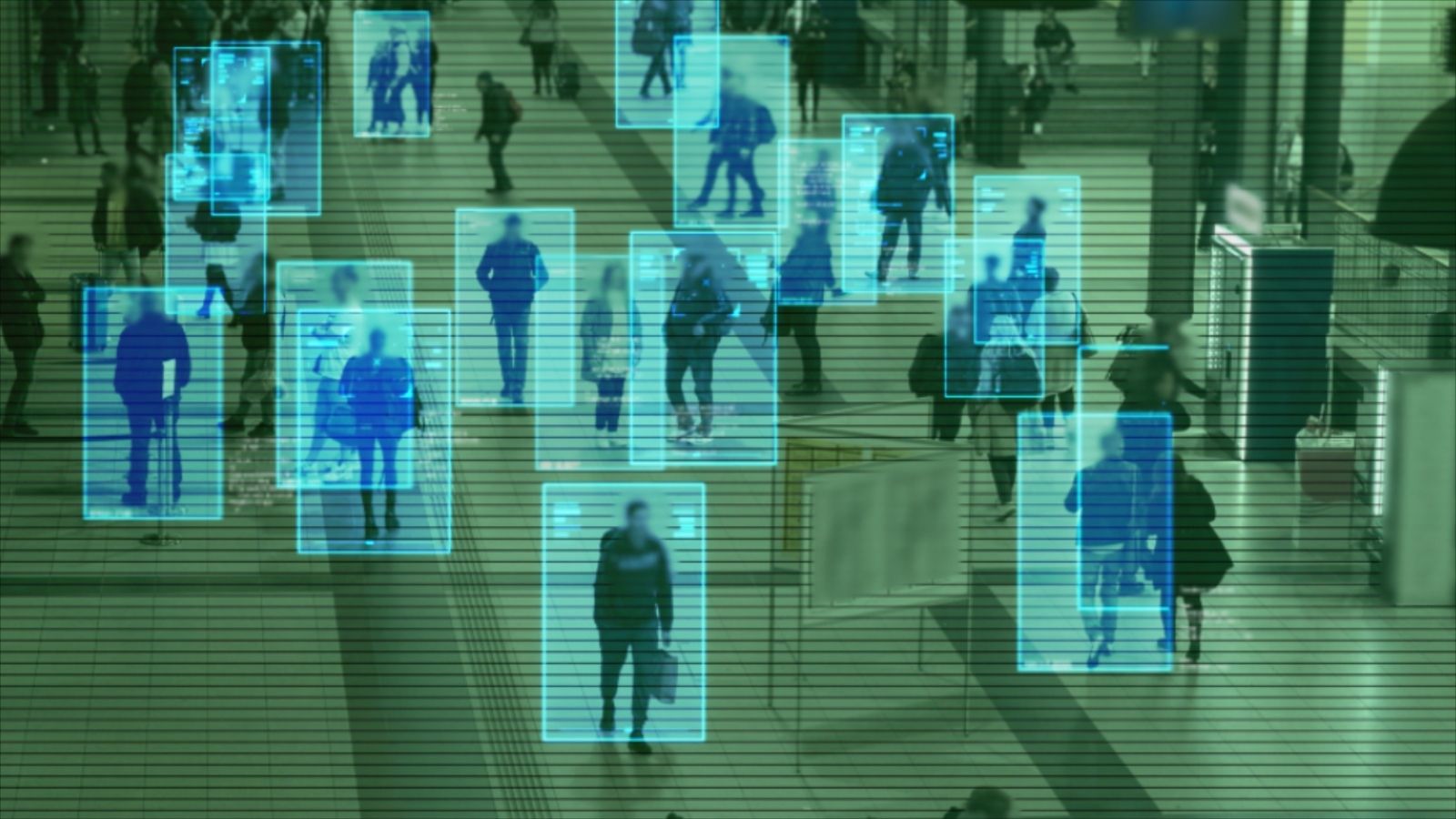
Governments and corporations employ extensive surveillance systems, including CCTV cameras and online tracking, to monitor individuals. This constant observation erodes personal privacy, as individuals are continuously watched and their data collected. The widespread use of surveillance systems means that almost every online and offline action can be tracked and analyzed. This raises significant concerns about the potential misuse of collected data and the overall impact on individual freedom and privacy.
Data Collection by Tech Giants

Tech giants like Google, Facebook, and Amazon collect vast amounts of personal data to enhance their services and target advertisements. This data collection often occurs without explicit user consent, as these companies track online activities, preferences, and behaviors. The extensive data gathered allows for highly personalized user experiences but raises significant privacy concerns. Users’ personal information is continuously analyzed and stored, potentially leading to misuse or unauthorized access by third parties.
Social Media Sharing
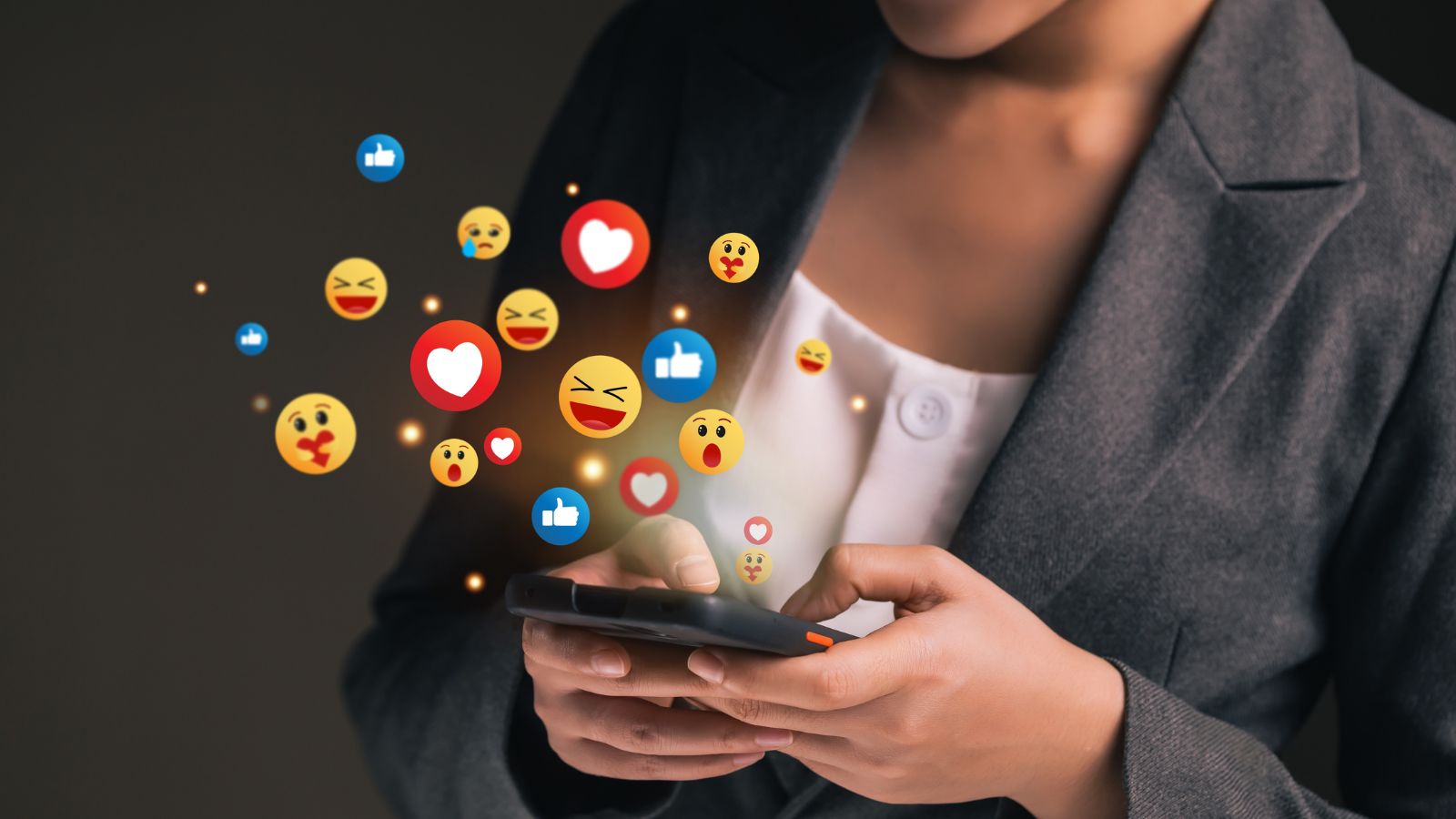
Individuals voluntarily share personal information on social media platforms, often without considering the long-term privacy implications. People post details about their lives, locations, and activities, which third parties can access. This voluntary sharing creates a rich data source for advertisers and potentially malicious entities. The ease of sharing and the desire for social validation often overshadow privacy concerns, significantly eroding personal privacy in the digital age.
Smart Devices

Smartphones, smart speakers, and home assistants continuously collect data without explicit user consent. These devices track conversations, daily routines, and personal preferences, creating detailed profiles of users. While they offer convenience and enhanced functionality, the constant data collection raises significant privacy concerns.
Facial Recognition Technology

Facial recognition technology is increasingly used in public and private sectors, raising significant privacy concerns. This technology enables constant monitoring and identification of individuals in various settings, from airports to retail stores. The collected data can be used for surveillance, marketing, or law enforcement purposes. However, the potential for misuse and lack of consent from individuals being monitored highlights the need for strict regulations to protect personal privacy and prevent abuse.
Internet of Things (IoT)

The Internet of Things (IoT) is a term used to describe connected devices that collect and share data, often with minimal security measures. Devices like smart home gadgets and industrial sensors collect detailed information about users’ daily activities and environments. Despite the convenience and efficiency offered by IoT, it poses significant privacy concerns. The vast amount of data collected can be easily breached and misused, which highlights the necessity of strong security protocols and user awareness to secure personal information.
Data Breaches

Frequent data breaches expose personal information to hackers and malicious entities. These breaches expose individuals’ data to hackers and malicious actors, leading to potential identity theft, financial loss, and privacy violations. Frequent data breaches highlight the vulnerabilities in digital systems and the need for robust cybersecurity practices.
Lack of Strong Privacy Laws
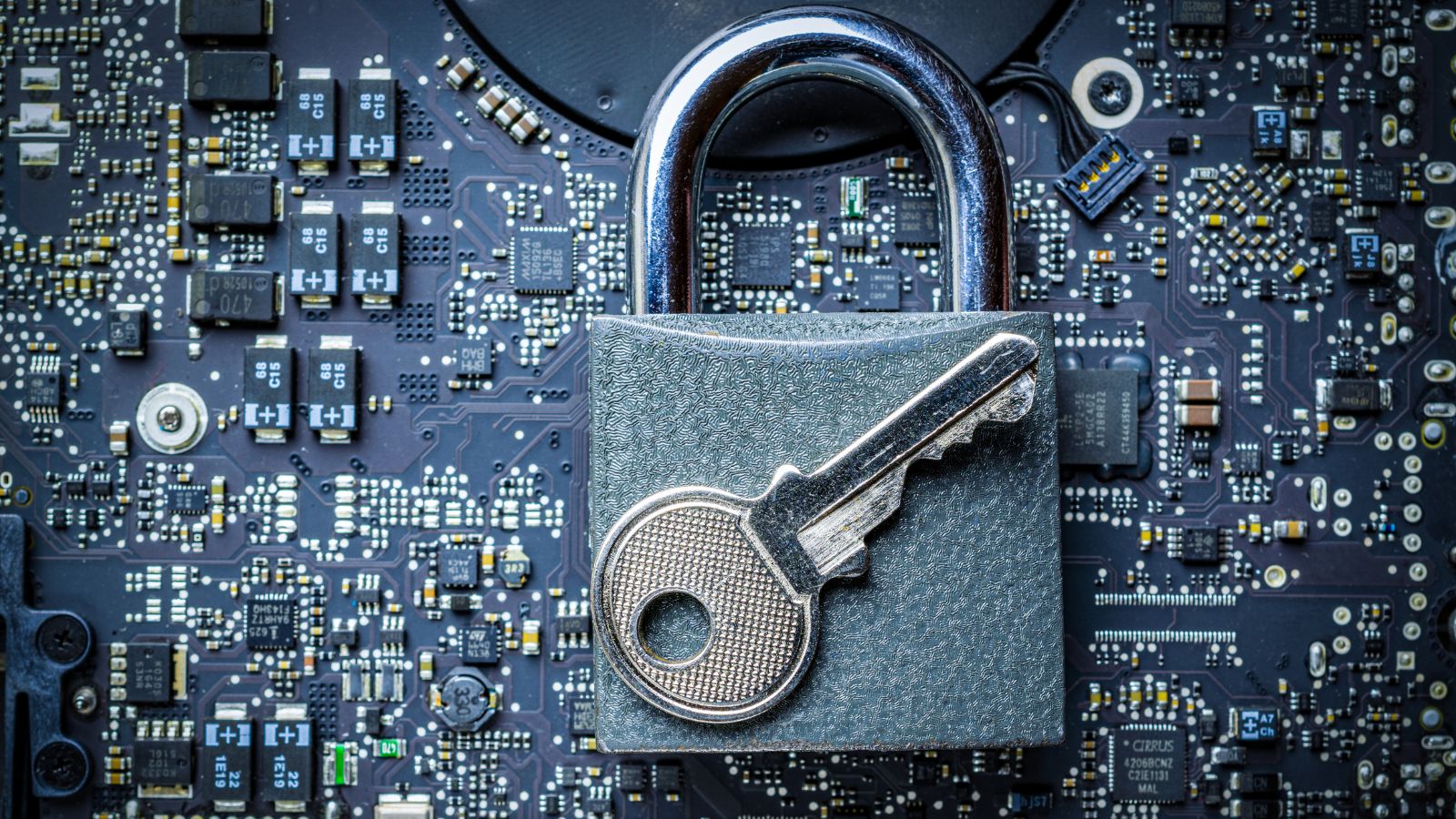
Many regions lack strong privacy laws, leaving individuals vulnerable to modern data collection practices. Outdated or insufficient regulations fail to address the complexities of digital privacy, allowing companies and governments to exploit personal data with minimal oversight. This legal gap means that individuals have limited control over their information and few protections against misuse. Strengthening privacy laws is essential to safeguard personal data and ensure that privacy rights keep pace with technological advancements.
AI and Machine Learning

AI and machine learning technologies rely on large datasets, often including personal information, to function effectively. These technologies analyze vast amounts of data to identify patterns and make predictions, enhancing various services. However, this reliance on personal data raises significant privacy concerns. The potential for misuse or unauthorized access to sensitive information highlights the need for stringent data protection measures.
Digital Footprints
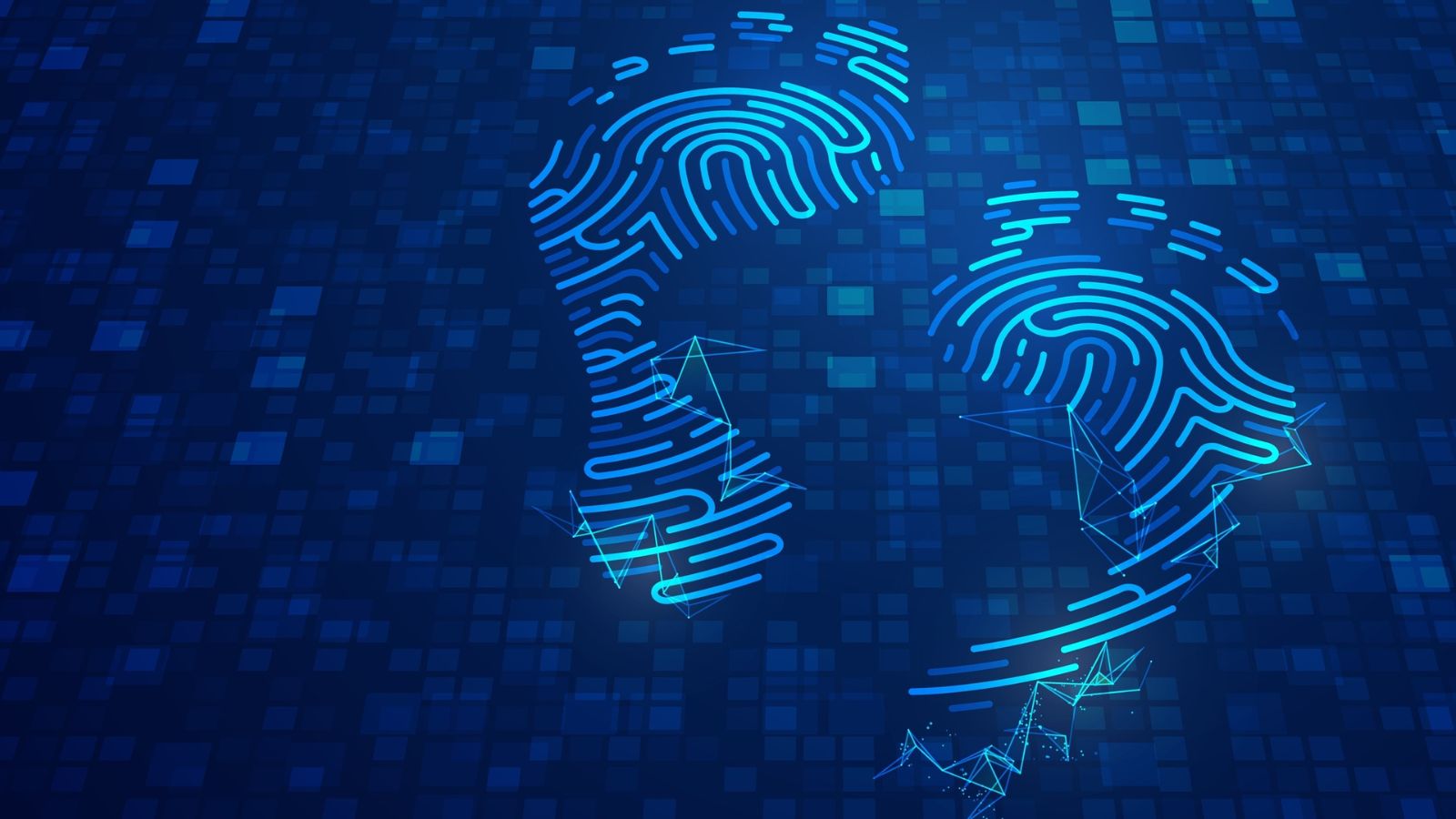
Every online activity leaves a digital footprint, a trace that can be tracked and analyzed. These footprints reveal a lot about an individual’s habits, preferences, and behaviors. From browsing history to social media interactions, various entities collect digital footprints for targeted advertising and other purposes. This constant tracking raises significant privacy concerns, as individuals often have little control over how their data is used or who has access to it.
Cloud Storage
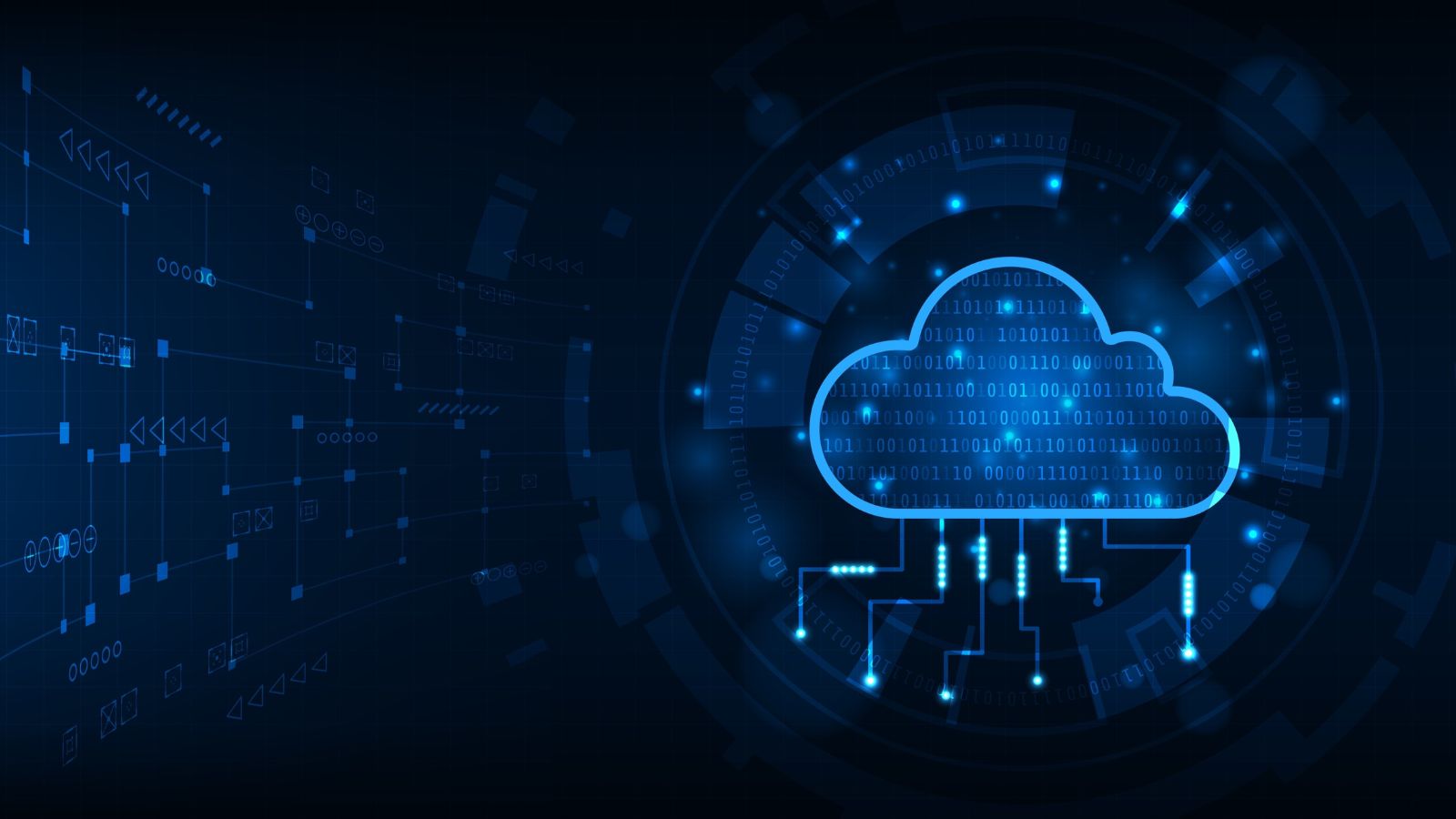
Cloud storage involves storing data on remote servers accessed via the Internet, offering convenience and scalability. However, Cloud services often lack robust security measures to protect personal information. Ensuring data encryption and strong access controls is essential to protecting sensitive information and maintaining privacy in cloud storage environments.
Third-Party Data Sharing
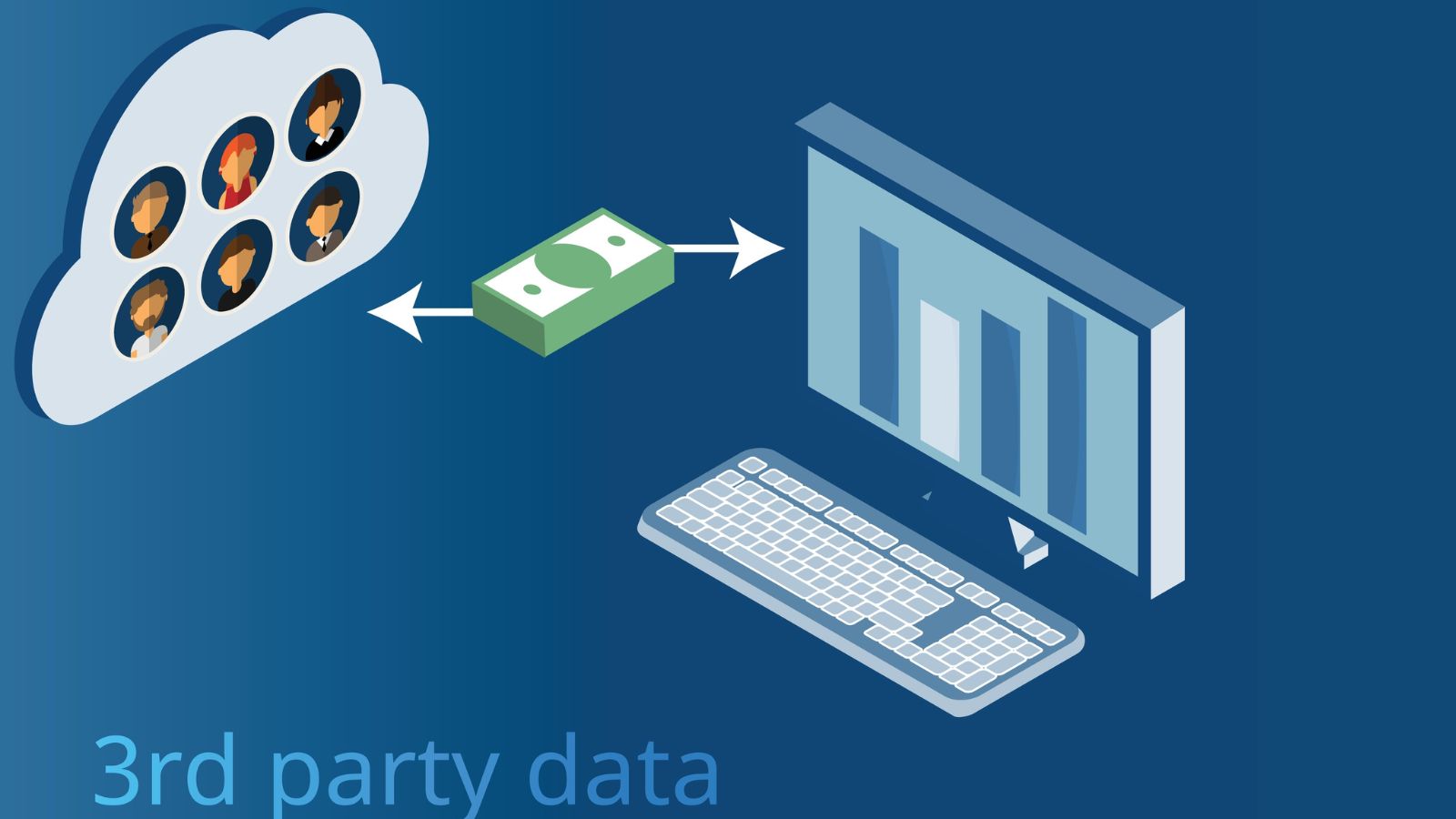
Companies frequently share or sell user data to third parties without explicit consent. This practice can lead to widespread dissemination of personal information, often for targeted advertising or other commercial purposes. Users typically have little control over how their data is used once it is shared. This lack of transparency and control raises significant privacy concerns, emphasizing the need for stricter regulations and greater accountability in data handling practices.
Government Surveillance Programs

Government surveillance programs, such as PRISM in the US, have shown the extent of government monitoring of citizens. These programs often operate with little transparency or oversight, collecting vast amounts of personal data. The information gathered can be used for national security purposes but also raises significant privacy concerns. The potential for misuse and lack of accountability highlights the need for strict regulations to protect individual privacy and ensure that surveillance practices are ethical and transparent.
Biometric Data Collection
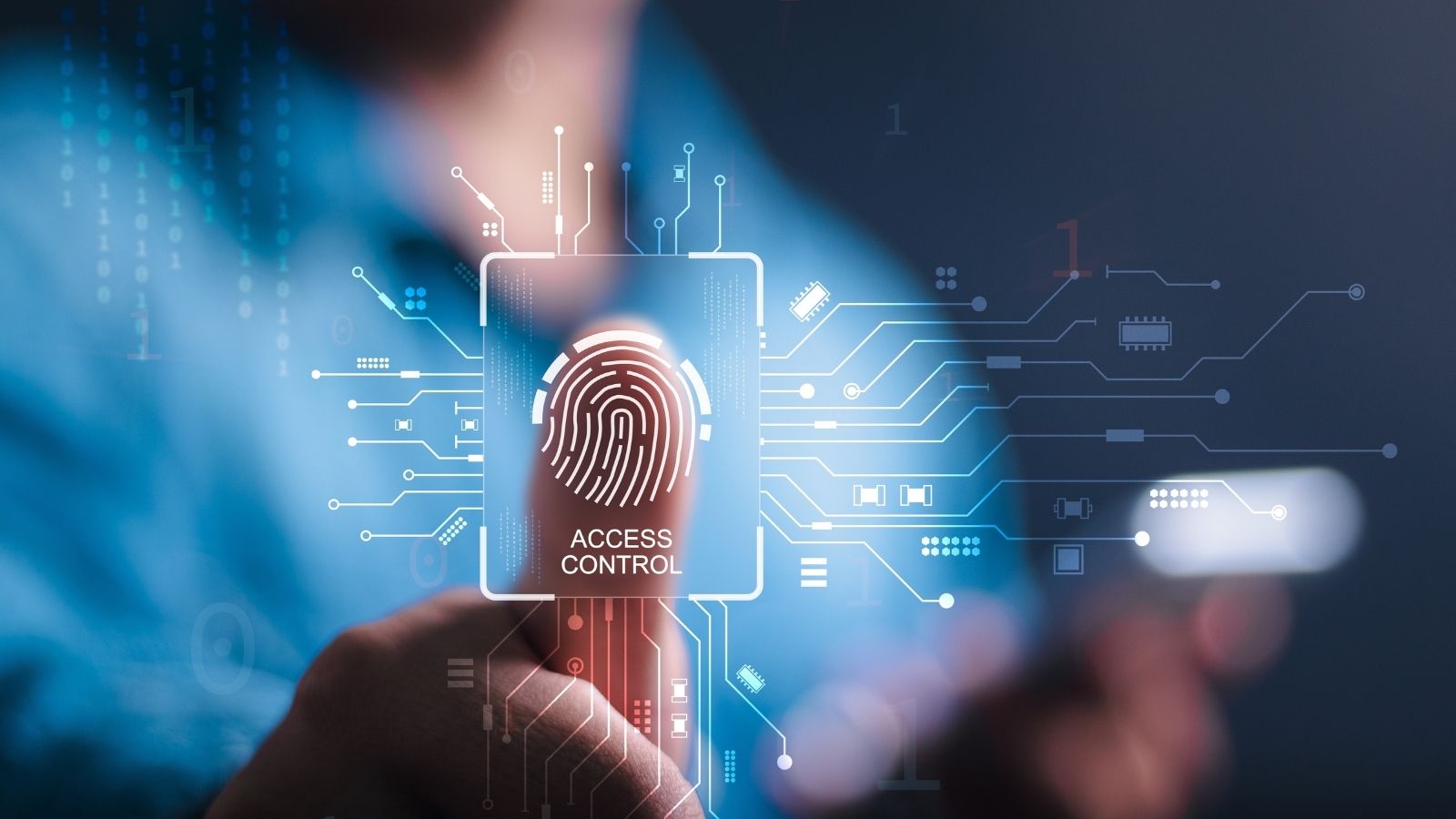
The use of biometric data, such as fingerprints and iris scans, for identification purposes is rising. While this technology enhances security and convenience, it raises significant privacy concerns. Biometric data is highly sensitive and, if compromised, can lead to identity theft and unauthorized access. The irreversible nature of biometric information underscores the need for stringent security measures and regulations to protect individuals’ privacy and prevent misuse of their personal data.
Online Transactions

The convenience of online transactions comes with significant privacy risks. Online transactions, such as e-commerce and online banking, require sharing personal information, including payment details and addresses. While these transactions offer convenience, they also pose significant privacy risks. Cybercriminals can intercept or misuse personal data if robust security measures are not in place.
Geolocation Tracking
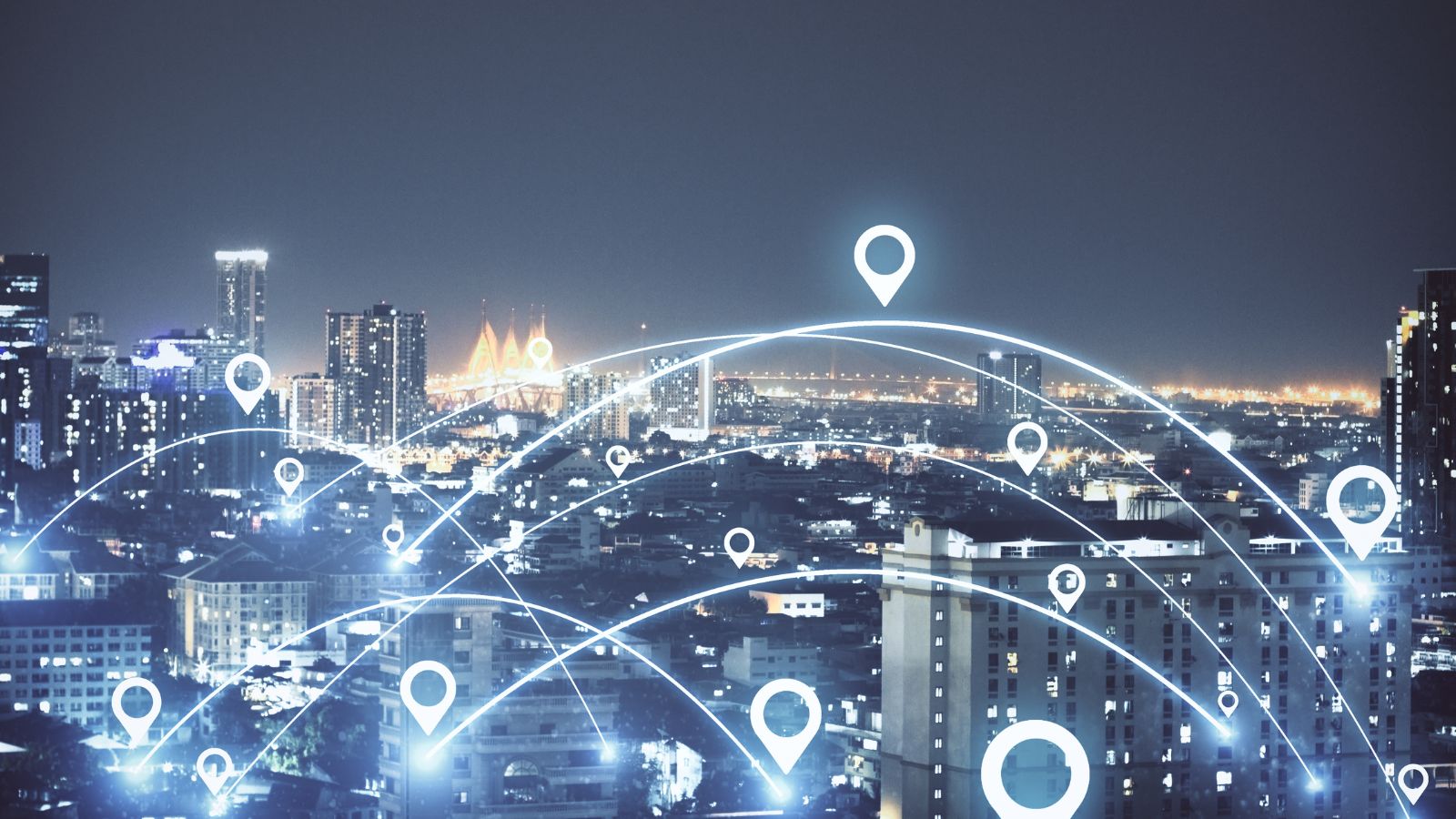
Many apps and services track users’ locations, often without their knowledge. This data can be used to build detailed profiles of individuals’ movements and habits, raising significant privacy concerns. While geolocation tracking can enhance user experiences by providing location-based services, it also poses risks of misuse and unauthorized access.
Public Wi-Fi Networks
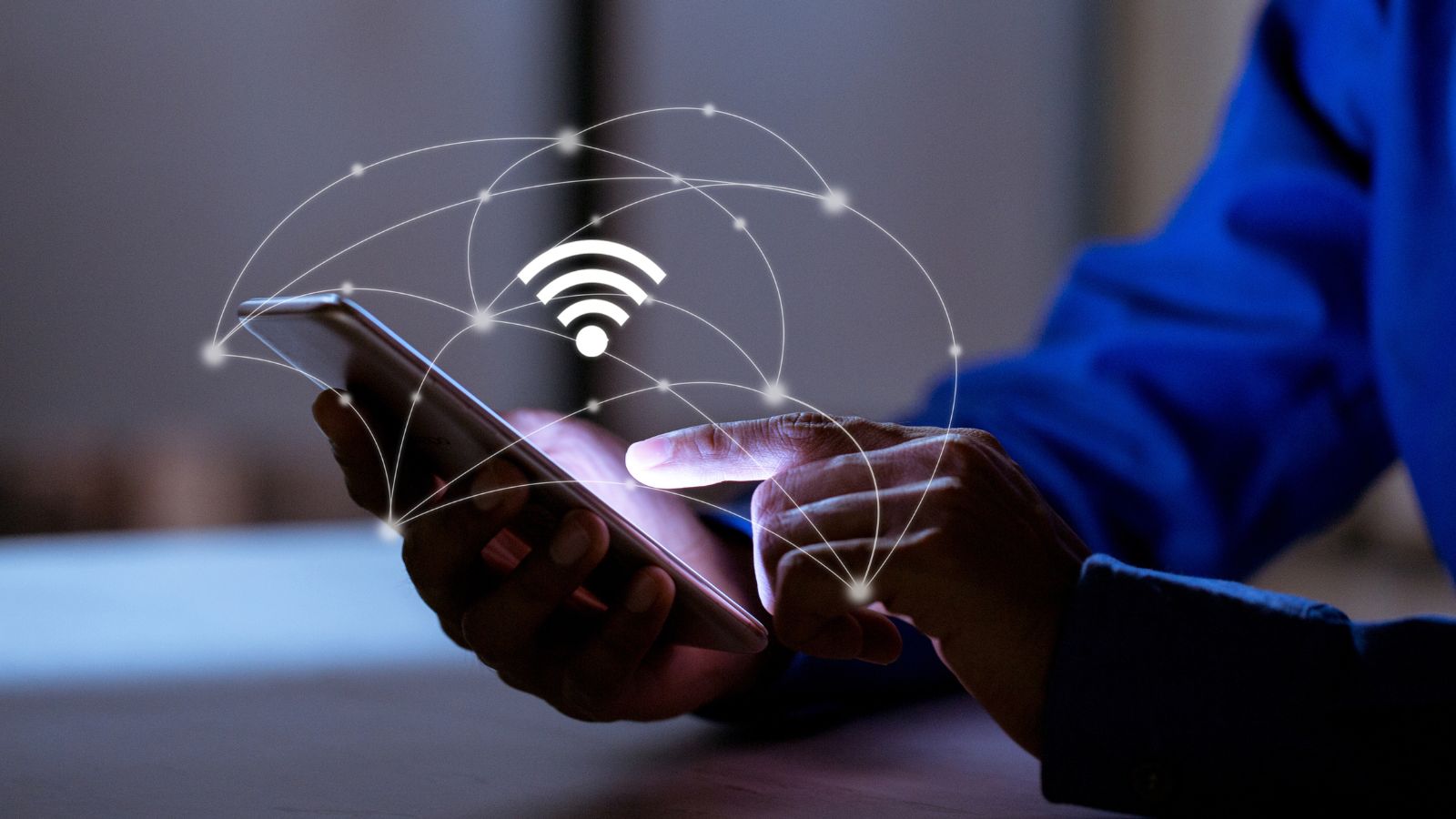
Using public Wi-Fi networks can expose personal data to hackers. These networks often lack adequate security measures, making them prime targets for cyberattacks. Personal data transmitted over public Wi-Fi can be intercepted, leading to potential identity theft and unauthorized access to sensitive information. Users should exercise caution when using public Wi-Fi, avoiding transactions involving personal data, and using VPNs to enhance security and protect their privacy in these vulnerable environments.
Digital Assistants

Digital assistants like Siri, Alexa, and Google Assistant continuously listen to conversations to improve their services. This constant data collection raises significant privacy concerns, as personal information can be recorded and stored without explicit user consent. Manufacturers and third parties can access the data gathered, leading to misuse.
Health Data

Health data collected by wearable devices and health apps includes sensitive information such as heart rate, activity levels, and medical conditions. While this data can enhance personal health management and medical research, it raises significant privacy concerns. If not adequately protected, unauthorized parties can misuse or access health data.
Lack of Awareness
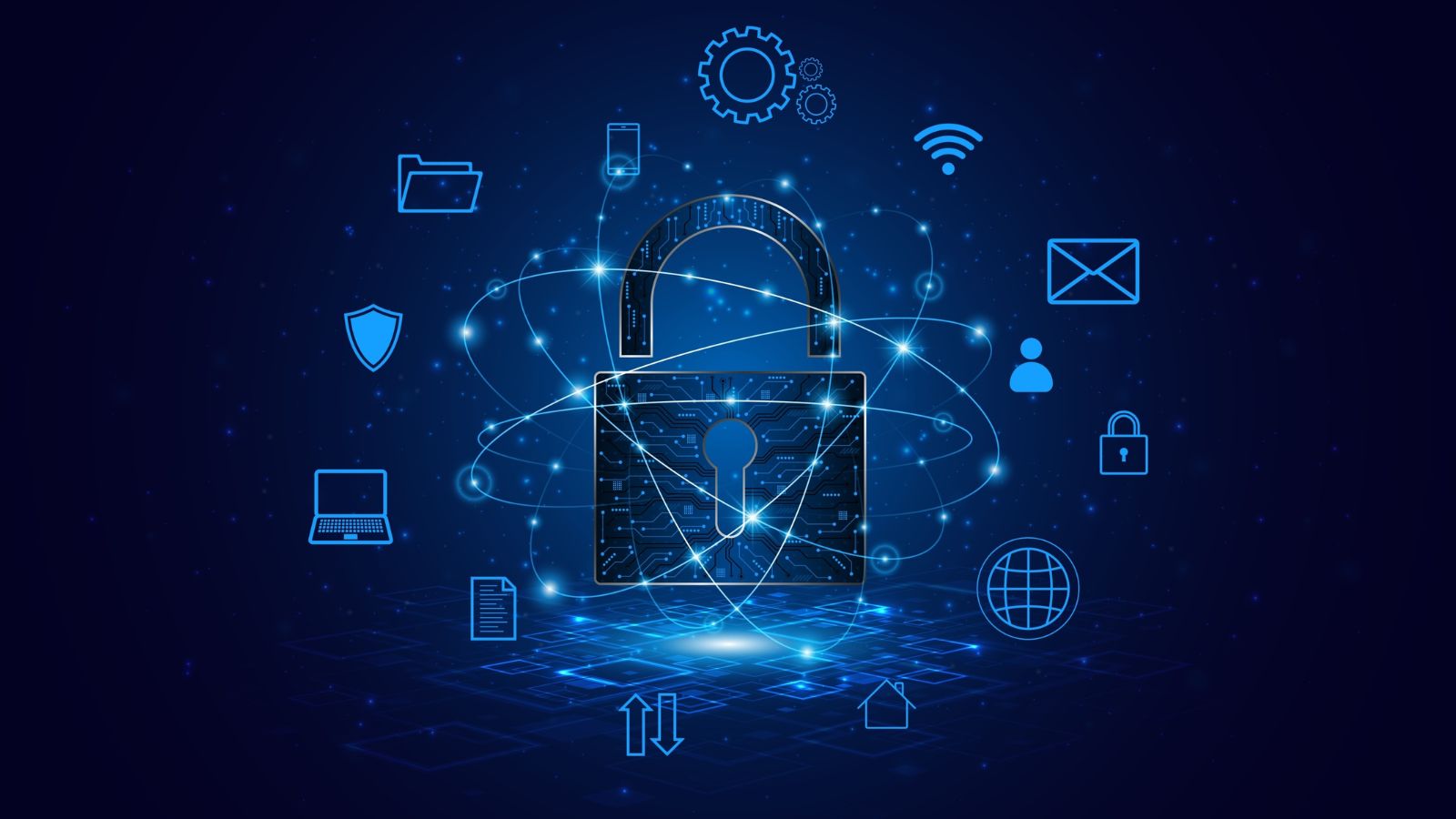
Many people are unaware of the extent to which their personal data is collected and used. This lack of awareness leads to complacency and a failure to take necessary privacy precautions. Individuals may unknowingly share sensitive information without understanding the risks or neglect security measures. Increasing public awareness about data privacy and educating users on how to protect their information is crucial to mitigating privacy risks in the digital age.
Conclusion

The erosion of personal privacy in the digital age is a complex issue driven by technological advancements, corporate practices, and insufficient legal protections. As individuals, it is crucial to be aware of these challenges and take proactive steps to safeguard our personal information. By understanding the factors contributing to the myth of personal privacy, we can better navigate the digital landscape and advocate for stronger privacy protections.
18 Reasons Why People Are Leaving Florida in Masses

Exploring factors that impact the desirability of living in Florida, this list delves into various challenges shaping residents’ experiences. From environmental concerns like rising sea levels to economic factors such as fluctuating job markets, these issues collectively contribute to a nuanced understanding of the state’s appeal.
18 Reasons Why People Are Leaving Florida in Masses
